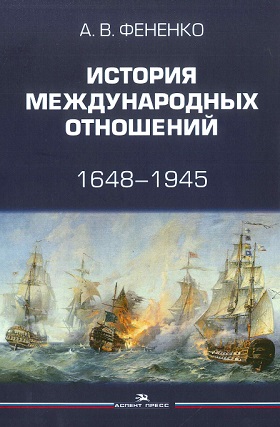Olga Alekseeva: Information War Affects Ordinary People
(no votes) |
(0 votes) |
With media becoming a proper battleground, it is becoming yet more difficult to learn the news. Olga Alekseeva, RIAC Member and Editor-in-Chief of gazeta.ru online newspaper shares her thoughts on information wars and Telegram channels that have recently become very popular.
How dangerous is information war?
Unfortunately, information war is our today’s reality and a whole paradigm that is, regrettably, being built now in global politics. Of course, an information war might seem less terrible at first sight than, let’s say, WWIII or a nuclear war, as it is not associated with military confrontation. The risk of information war that has become a refrain of our everyday reality lies in its ability to last for years, and even decades.
When we talk about wars, we have to think about victims and suffering. Who is affected by information wars?
It seems to me that with the advent of new means of communication, sources of information, especially anonymous ones, information war is developing on a completely different level and with completely different instruments. At the same time, there is a feeling that the participants in this war underestimate its consequences. It affects a very broad stratum of society in different countries, on different continents; and for many years it has been forming a pattern of people’s negative attitudes toward each other. It is often said that politics is for politicians, while people communicate with each other, and are not affected. But the very risk of information war is that ordinary people become affected, including those who are not involved in politics directly. But this has a direct impact on their daily life, on their perception of people from other countries. The information war is developing in a spiral: blow after blow, the tension is growing, and this vicious circle is very difficult to leave.

Russia and the West: An Information War?
Since we are living through information war, the reliable information is hard to find. Being the editor-in-chief of one of the leading news websites, where do you get the information?
Journalists, researchers, politicians, and political scientists are now dealing with a constantly accelerating, increasing volume of information around us. We are given more and more facts, more and more new approaches, more and more new challenges. To begin with, what I read is certainly the traditional media, including Gazeta.ru, where I work as editor-in-chief. Why do I read traditional media? I can explain. Telegram channels and other various sources of information are very popular now but the information there is often unreliable. One needs to verify it, if it is true or not, if it is a rumor or not, if the story is written to someone’s order. It is very difficult in reality.
Certainly, I am aware of popular Telegram channels, but the information there must be divided by two or three, as those who issue this information do not bear any responsibility for it. In the media, however, the editor-in-chief is fully responsible for every line. We publish about 600 materials a day and, of course, it is impossible for me to go through every one of them. Still, responsibility is always present.
Besides traditional media, I read analytical articles profile magazines, which allow me to understand some trends. This is very important in terms of forecast and in terms of general understanding. What I do not read, but I consider a valuable source of information, is personal communication with people. It often happens that informed people do not have opportunity to publicly share all the information they possess for various reasons, but they can be a little more open personally to me or at a meeting for editors-in-chief, even at some events, given that the conversation takes place behind closed doors.
(no votes) |
(0 votes) |
The tragedy for Russia and the collective West is that they continue to fight the wars of the past against one another, while underestimating the ideological strength of radical Islam
Make Facts Great Again: Is it Possible to Withstand Fake News?Fake news creates a vicious circle of distrust challenging both Russia and the West




